The Filipino-Chinese community makes up more than 50% of Upside® clients. “We like them because they honor their word,” Upside’s Mitor Alipio says. “When they agree to the deal, there will be no more re-negotiation. It’s cultural that they purchase properties for each child and even grandchild. There will be repeat business.”
Clearly, Chinese real estate buyers are valued. If you’re hoping to sell your property to the Chinese, it’s important to know feng shui. Feng shui means wind(air)-water, the two things people need to survive. It is an ancient Chinese practice that designs and arranges objects and space to orient and enhance the flow of energy, or chi. The good flow of chi improves luck, health, and success.
Feng shui can determine how a property can attract or repel Chinese buyers. Here are 7 important feng shui tips when when selling property to a potential client:
1. Beware of the number 4.
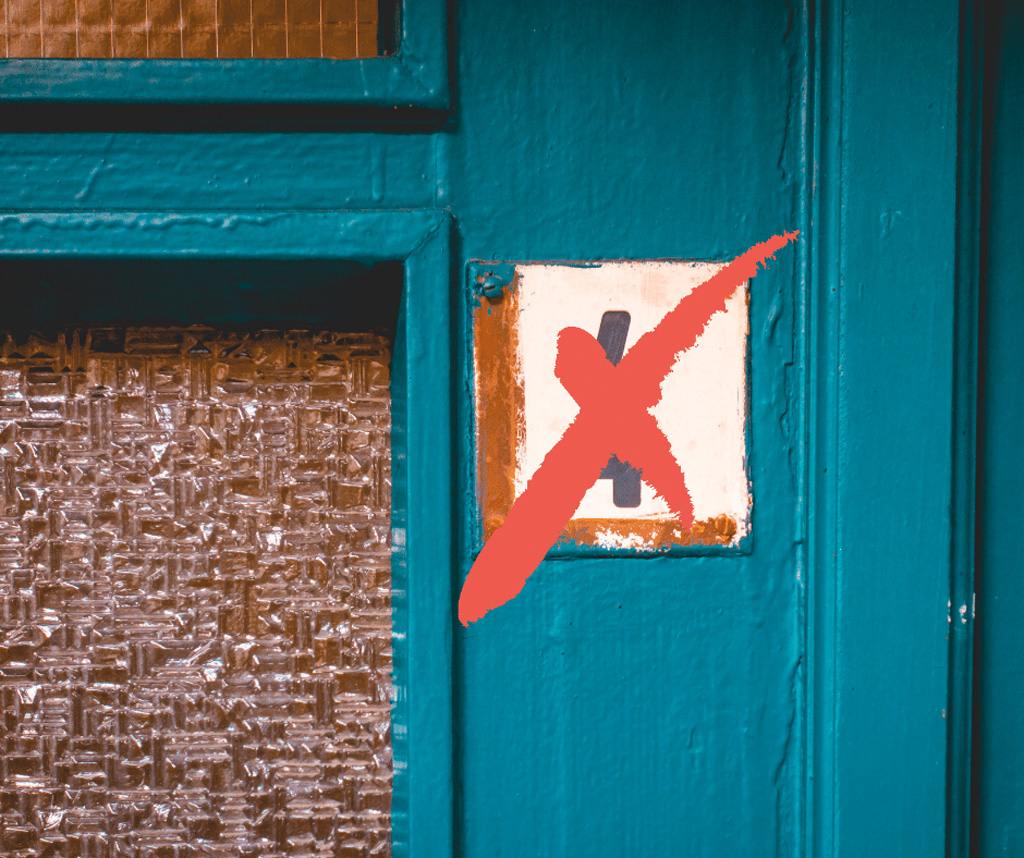
This number is the ultimate no-no because “4” (pronounced as si) sounds like the word “death” (sĭ). No one wants to own a home that will invite death. Street numbers, house numbers, floor levels and door numbers in condominiums and office buildings that have 4 will not interest Chinese clients.
2. Learn Chinese numerology.
We’ve discussed that “4” is an unlucky number for the Chinese, but just because a property has “4” doesn’t mean it’s all bad luck. For example, “5” sounds like “not” in Chinese so 54 would mean “no death.”
Conversely, “8” means “great wealth” but if the house number is 58, then that means “no great wealth.” “2” is also a good number, meaning “double” so “28” is a very lucky property indeed. A little bit of knowledge when it comes to Chinese numerology will go a long way in helping you sell to Chinese property seekers.
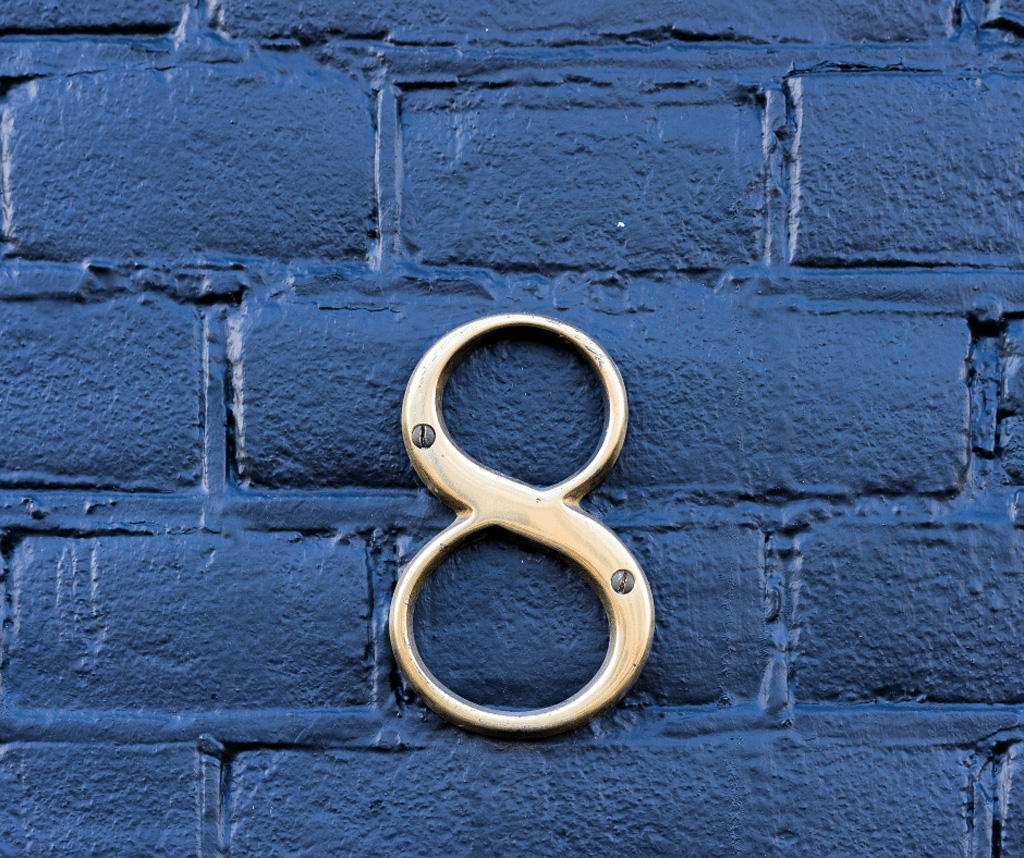
3. Study the neighborhood.

When we buy a home, we don’t just look at the house itself. We also check out the neighborhood, the view, the proximity to conveniences. For the Chinese, they pay extra attention to buildings around the potential property.
For most of us, a home near a hospital is a good thing but feng shui dictates that hospitals are a place where bad luck in the form of disease and death gathers.
Don’t even try to sell a home anywhere near a hospital. Many Filipinos also believe that it’s good to live near a church but feng shui says temples and churches, especially churches with a graveyard, are full of both divine and ghostly energy, which can affect the energy of mere mortals negatively.
Want a home in a lucky location that is also near schools and malls? Check out this Little Baguio, San Juan property. Located in the “belly of the dragon”, or high enough to not flood but low enough to not be buffeted by winds, this neighborhood is the perfect balance of feng (wind) and shui (water), attracting a wealth of good luck
4. T-junctions are bad luck.
A house that sits at the end of a T-junction or faces oncoming traffic invites negative energy and bad luck. The Chinese believe that the energy, or chi, from traffic enters the house too fast. Think of it as a house on the bend of a fast-moving river. All that chi will not make the house a peaceful place of rest.
The unlucky T-junction house is not just a Chinese superstition. Many cultures around the world believe that people who live along intersections and junctions are literally at a crossroads. They will have trouble making decisions.
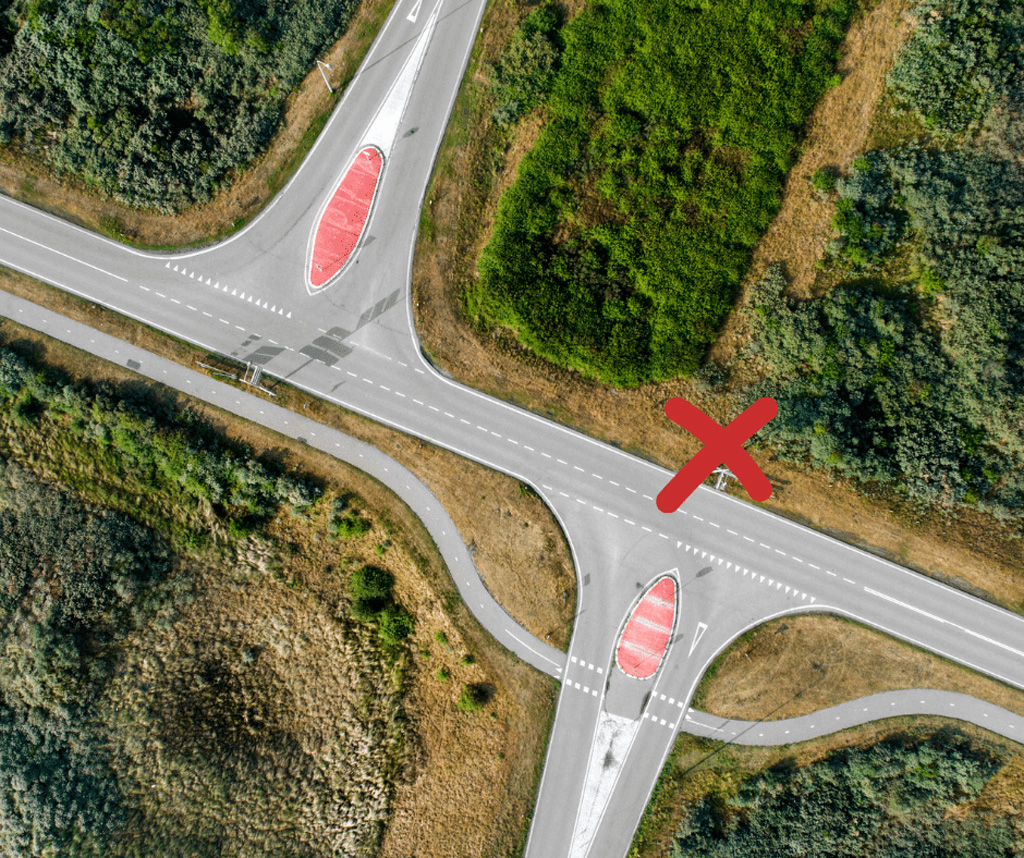
Some cultures also believe that ghosts who travel along streets unwittingly enter doors at the end of T-junctions, not aware that the street has ended. Feng shui experts advise placing a bagua mirror to deflect bad luck and wandering spirits.
From a practical standpoint, a house at a T-junction is a bad idea because the home will always be lit up by headlights and suffer the noise of car horns approaching the T-junction. In a worst case scenario, if a car loses its brakes, it will crash into the house.
5. Check the slope.
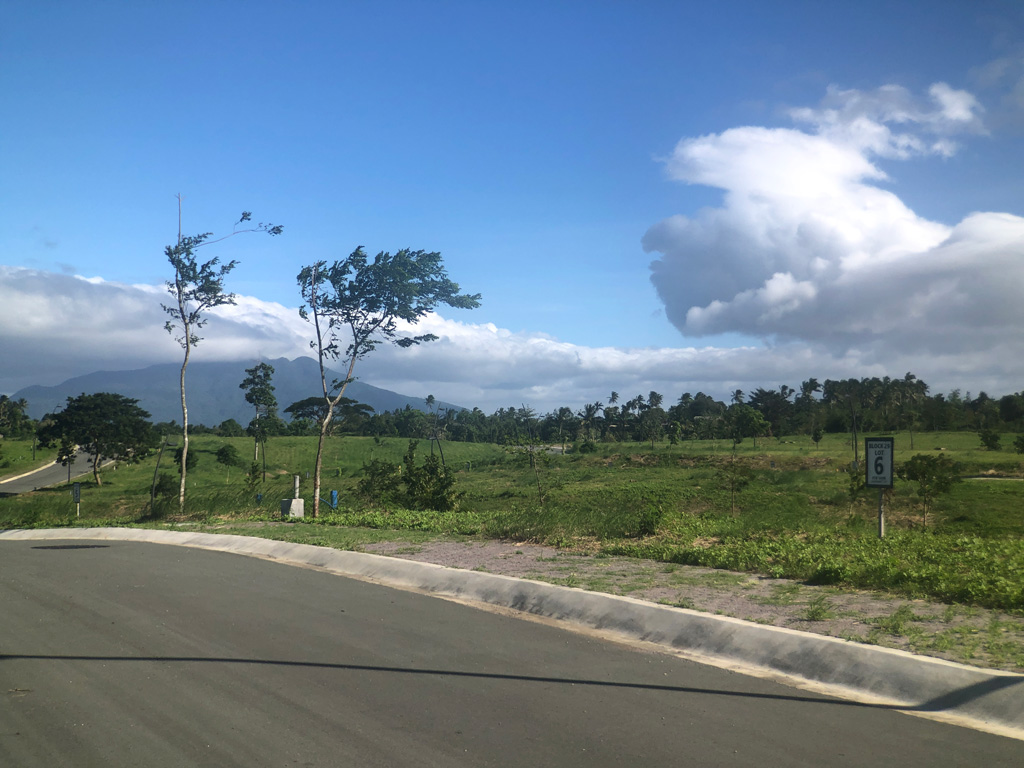
Homes on flat ground are preferred since that means stability. However, the Chinese also believe that a mountain behind a property is good luck since it has solid backing. The mountain also protects the home from strong wind which blows away chi.
A property near a mountain will most likely have a slope. This is fine as long as the slope is slight and upwards. This symbolizes the property growing in value.
Check out this Nuvali property with verdant mountains behind it.
6. Mind the door.
Doors are vital in any home but for a Chinese homeowner, doors can affect the flow of chi in their house. They want chi to come in and circulate throughout to spread more positive energy to every part of the house.
The front door has the most considerations. Even those who don’t believe in feng shui know the importance of a good first impression and since the entrance is what residents and guests first see, it has to have a good impact.

For the Chinese, the front door means more. In fact, there is a long list of feng shui do’s and dont’s for the front door. The main entry is where chi comes in so it’s important that nothing obstructs it. Get rid of trees and tall shrubbery directly across the front door. Make sure that the front door isn’t aligned with the back door. The Chinese believe that any chi that enters the home will go straight out the back door.
7. Flow matters.
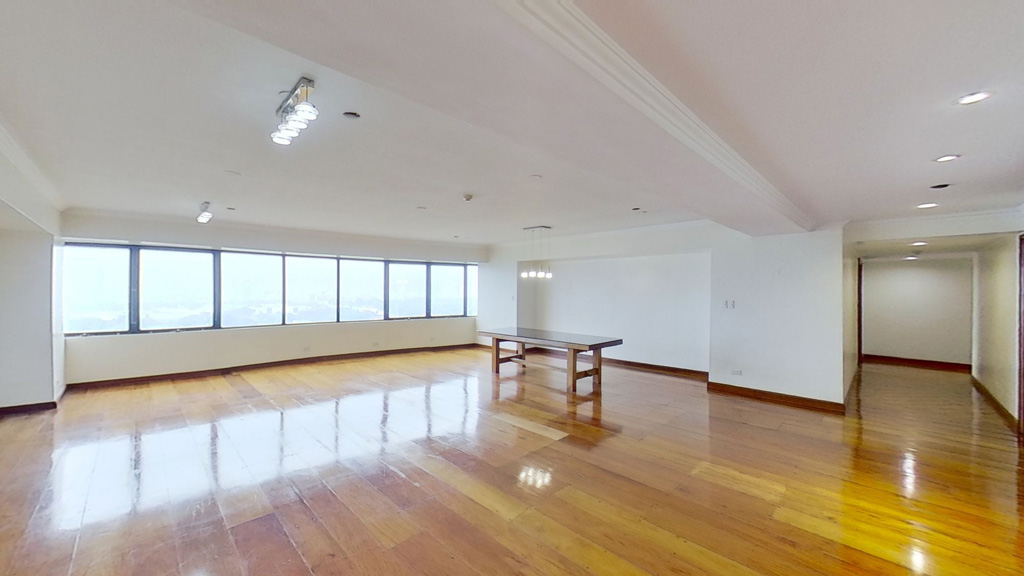
Feng shui is all about the flow of good energy. Whether your client is looking for a house, a condominium, or an office, they will definitely want to know how the elements of the place affect the flow. Check the property you’re selling. Chinese clients look for open and uncluttered rooms, wide hallways, and unobstructed spaces. Narrow, dark, and cramped rooms and hallways trap negative energy. Doors and windows must let in light and wind to make chi circulate.
Natural light is a big consideration. Houses must have enough windows to let in light but not too much as to make the residents feel exposed and unsafe. If your clients are looking for a condominium, offer them a unit located in the higher levels. Natural light brings positive energy and a higher location is usually not blocked by other buildings. Plus, it offers amazing views. A view of mountains and greenery is auspicious.
Check out this bright and super spacious condominium at Pacific Plaza, Makati with gorgeous views.
For more tips and their personal experience on selling real estate to Filipino-Chinese investors, listen to Upside realtors Mitor Alipio and Kabbie Alipio in Life on the UPSIDE: Things I Learned from my Chinese Clients on Spotify.


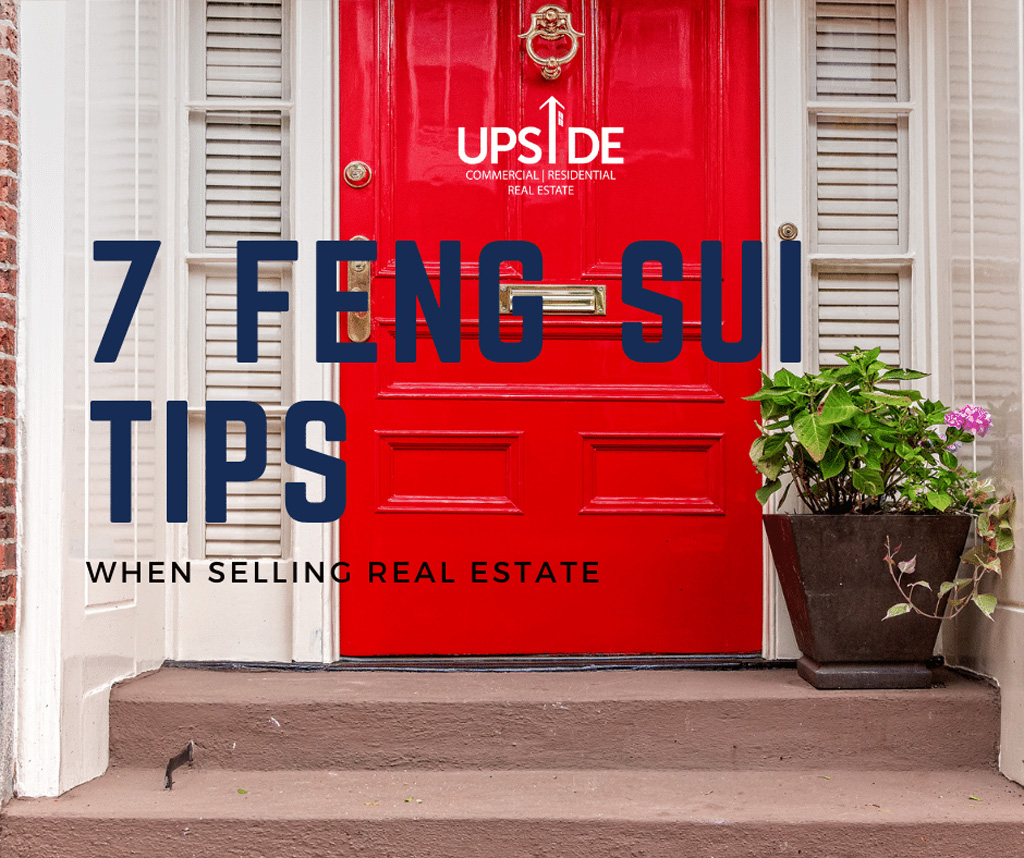



Join The Discussion